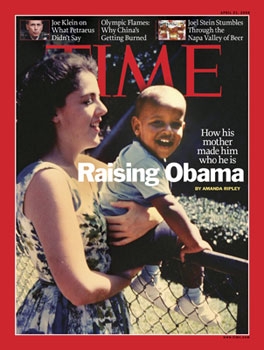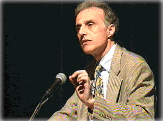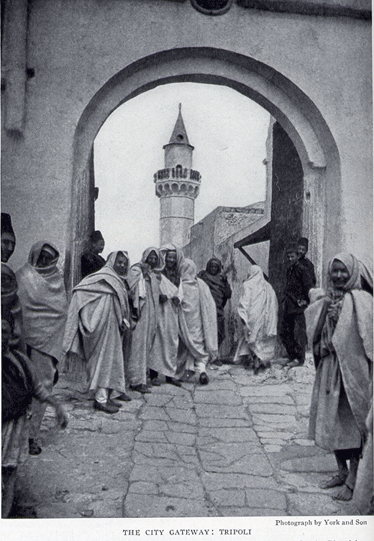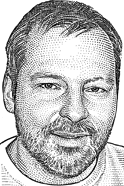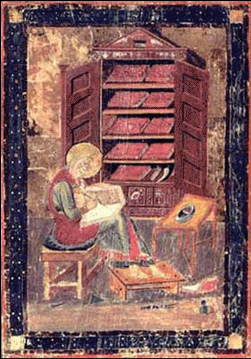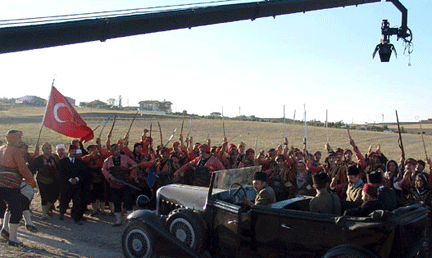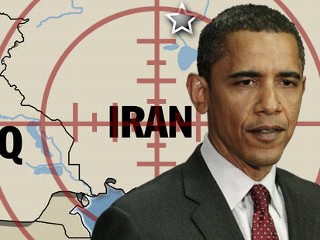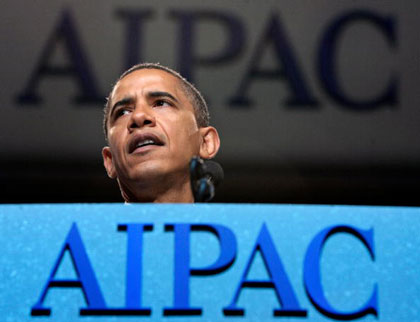
Let’s hope Obama won’t be a ‘friend of Israel’
By Gideon Levy, Haaretz,
November 9, 2008
The march of parochialism started right away. The tears of excitement invoked by U.S. president-elect Barack Obama’s wonderful speech had not yet dried, and back here people were already delving into the only real question they could think to ask: Is this good or bad for Israel? One after another, the analysts and politicians got up – all of them representing one single school of thought, of course and began prophesizing.
They spoke with the caution that the situation required, gritting their teeth as though their mouths were full of pebbles, trying to soothe all the fears and concerns. They searched and found signs in Obama: The promising appointment of the Israeli ex-patriots’ son, whose father belonged to the Irgun, and maybe also Dennis Ross and Dan Kurtzer and Martin Indyk, who may, God willing, be included in the new administration.
But in the background, a dark cloud hovered above. Careful, danger. The black man, who had associated with Palestinian expats, who speaks of human rights, who favors diplomacy over war, who even wants to engage Iran in dialogue, who will allocate more funding for America’s social needs than to weapons exports. He may not be the sort of “friend of Israel” that we have come to love in Washington, the kind of friend we have grown accustomed to. Continue reading Friend of Israel →
